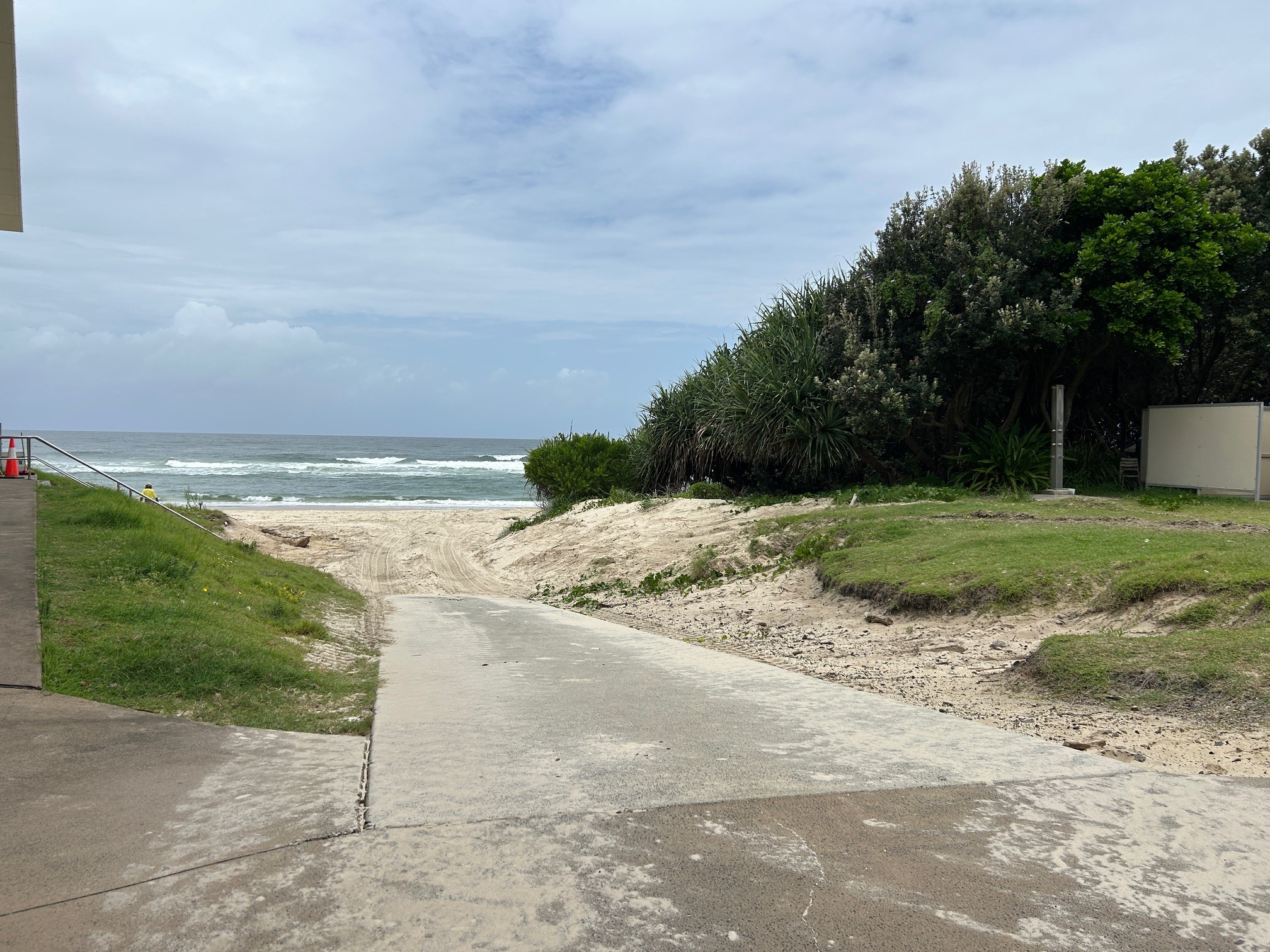IAG leads global research project to set lithium-ion battery safety guidelines

IAG, Australia’s largest general insurer, is leading a global research project to create a best practice guide for the safe use and storage of lithium-ion batteries. The research seeks to debunk misconceptions about battery fires and establish clear, practical safety guidelines for everyday use.
The insurer is teaming up with experts from the Queensland University of Technology, EV FireSafe, Standards Australia, iMOVE Co-operative Research Centre, and other global specialists to explore how lithium-ion batteries are managed in electric vehicles (EVs) and micromobility devices such as e-scooters and e-bikes, both in Australia and around the world.
IAG Research Centre Head, Shawn Ticehurst says that as Australia’s EV and lithium-ion battery market accelerates, the development of safety standards, regulations, and the data needed to understand the risks associated with batteries has struggled to keep pace.
“This year, the sales of EVs, including plug-in hybrids made up nearly 10% of all new car sales in Australia, while e-bikes now represent one-third of all bicycle sales. This research will provide critical insights on how to safely store, handle and dispose of the increasing number of lithium-ion batteries as they reach the end of their life, helping to prevent incidents that pose a risk to life and property safety.
According to IAG’s research, battery fires in electric vehicles remain rare, but there has been an increase in fires caused by lithium-ion batteries in e-bikes and e-scooters.
Mr. Ticehurst explained, “This new project will help us educate Australians on the risks of lithium-ion batteries, including how they can fail due to incorrect use, damage, or abuse. By developing practical safety guidelines, we aim to help everyone use and store these batteries confidently while minimising the risks.”
The project will investigate battery fire risks in EVs and micromobility devices, including e-scooters and e-bikes, by examining factors such as battery condition, charging practices, weather exposure, and vehicle age.
With the growing availability of more affordable EVs, the number of Australians purchasing them is increasing rapidly, making it crucial to understand the key factors impacting battery health
Shawn Ticehurst
IAG Head of Research Centre
“There are many knowledge gaps we’ll be exploring through global collaboration, which will be key in developing effective best practice strategies. Among those are understanding how stored EV battery packs can fail following extended exposure to weather, methods for containment of burnt or damaged packs, and exploring whether there’s a correlation between EV age and fire risk.”
Collaborating for Safer Battery Use
The project is supported by a range of expert partners who are contributing insights and expertise:
QUT’s Energy Storage Research Group (ESRG) is leading national research programs focused on battery technology, standards, safety, and commercial translation.
ESRG is also managing the delivery of the research program with support from project partners.
ESRG Director and Associate Professor, Joshua Watts, said: “The pace of energy storage deployment and adoption in Australia is rapidly accelerating, and it is critical we conduct the necessary work required to ensure this is done safely. Working with experts in the field of battery and fire safety nationally, this project will establish frameworks informed by international best practice that are fit for purpose for Australian needs to ensure the safe rollout of battery technology as we move towards our net-zero emissions targets.”
Standards Australia, an independent, non-governmental, not-for-profit organisation, leads the development and adoption of standards in Australia, working to align national standards with global practices.
Chief Development Officer Engagement and Communications Adam Stingemore said:
“Standards Australia’s recent partnership with the government on secondary batteries has uncovered key gaps in the current standards landscape. This new project marks another step forward in our unwavering commitment to developing robust standards that ensure the safe handling and storage of batteries. By addressing these challenges, we aim to protect the wellbeing of all Australians and support a safer, more sustainable future.”
EV FireSafe, an Australian company funded by the Australian Department of Defence, specialises in EV battery fires and emergency responses. It has established the world’s only verified database for EV fires, covering incidents in electric cars, buses, trucks, and specialist vehicles in sectors like aviation, mining, military, and airports.
Commenting on the project, EV FireSafe Director Emma Sutcliffe said:
“We’re delighted to be supporting this research with our global data on EV battery fires, as the findings will be key to developing safety standards to help Australians use and store batteries safely. Additionally, by addressing misconceptions around battery fires, we can enhance the safety of both emergency responders and everyone using and working around EVs and lithium-ion batteries.”
iMOVE is Australia’s national centre for transport and mobility research and development. A not-for-profit organisation funded by the Federal Government’s CRC Program and its project partners, iMOVE focuses on delivering high-impact projects that help develop transport systems benefiting communities, industries, and the nation.
iMOVE Managing Director Ian Christensen said:
“Given the importance of electrification as we work to reduce transport emissions, this research to understand, avoid, and manage some of the unwanted consequences of more electric cars and devices is vital. We are pleased to be able to support IAG and partners in work that supports the uptake of sustainable transport alternatives in Australia.”
The research findings are expected to be published in 2026.








